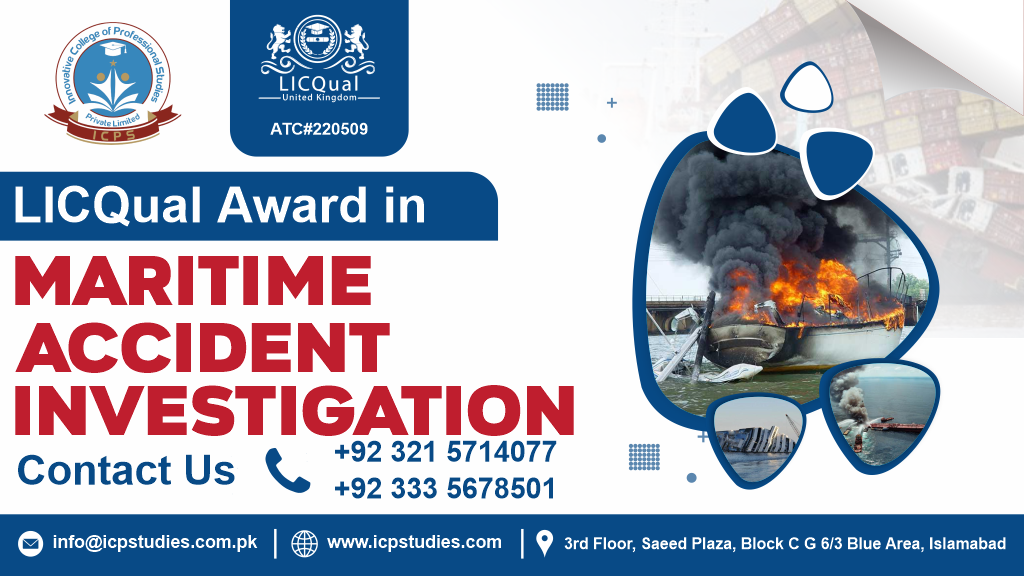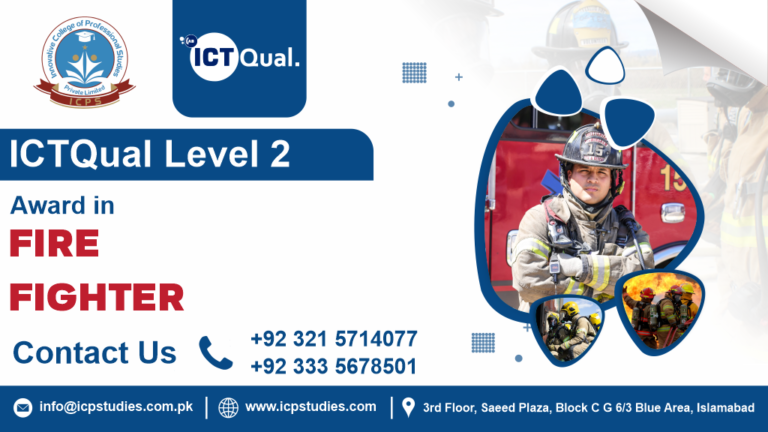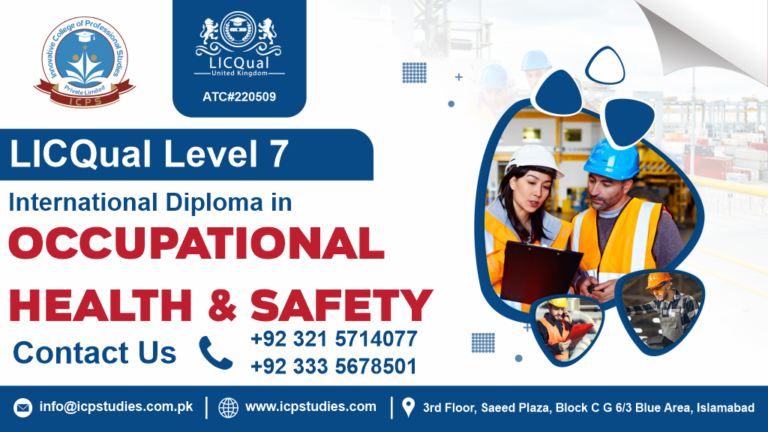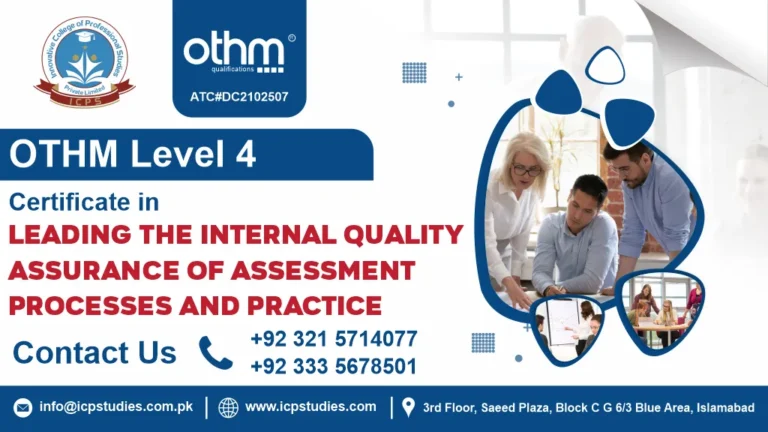In the vast expanse of the world’s oceans, maritime accidents can have far-reaching consequences, affecting lives, the environment, and economies. Understanding the causes behind these incidents is crucial for improving safety standards and preventing future tragedies. That’s where the Award in Maritime Accident Investigation plays a pivotal role. Let’s delve into why this award is significant and how it contributes to safer seas.
The Award in Maritime Accident Investigation is a prestigious recognition bestowed upon individuals or organizations for their exemplary contributions to the field of maritime accident investigation. It acknowledges excellence in identifying the root causes of maritime accidents, conducting thorough investigations, and implementing measures to enhance maritime safety.
Maritime accidents can occur due to various factors, including human error, mechanical failures, adverse weather conditions, and navigational mistakes. Investigating these incidents is essential not only for determining liability but also for identifying systemic issues and implementing preventive measures. Effective accident investigation promotes transparency, accountability, and continuous improvement in maritime operations.
The Award in Maritime Accident Investigation is more than just a token of recognition; it represents a commitment to excellence and a dedication to making the seas safer for all. By honoring individuals and organizations at the forefront of accident investigation, we acknowledge the vital role they play in shaping the future of maritime safety. Let us continue to support and celebrate their efforts as we navigate towards a safer maritime industry.
All About Award in Maritime Accident Investigation
Course Overview
The “Award in Maritime Accident Investigation” is a prestigious recognition given to individuals or organizations that have demonstrated exceptional expertise, dedication, and contributions to the field of maritime accident investigation. This award acknowledges excellence in identifying the root causes of maritime accidents, conducting thorough investigations, and implementing measures to enhance safety in the maritime industry.
While the specific criteria and selection process may vary depending on the organization offering the award, recipients typically demonstrate proficiency in areas such as technical expertise, analytical skills, communication, collaboration, and a strong commitment to safety.
Award in Maritime Accident Investigation” serves as a testament to the importance of thorough investigation, analysis, and prevention of maritime accidents, ultimately contributing to safer seas and enhanced maritime safety worldwide.
Study Units
Admission Criteria
Certainly! Here are the learning outcomes for each of the study units you’ve listed:
- Introduction to Fire Incident Investigation:
- Understand the fundamental principles of fire dynamics, including ignition sources, combustion processes, and fire behavior.
- Identify key components of fire investigation, including scene assessment, evidence collection, and documentation procedures.
- Explain the importance of fire investigation in determining the origin, cause, and spread of fires.
- Introduction to Maritime Accident Investigation:
- Gain an overview of maritime accident investigation, including its significance in promoting safety at sea.
- Understand the roles and responsibilities of investigators, regulatory bodies, and other stakeholders in maritime accident investigations.
- Identify common types of maritime accidents and their potential causes.
- International Regulations and Guidelines for Maritime Safety:
- Familiarize with international regulations, conventions, and guidelines governing maritime safety, such as SOLAS (Safety of Life at Sea) and MARPOL (International Convention for the Prevention of Pollution from Ships).
- Understand the importance of compliance with international standards for ensuring maritime safety and environmental protection.
- Identify key regulatory bodies and their roles in enforcing maritime safety regulations.
- Data Collection and Preservation in Maritime Accident Investigation:
- Learn effective methods for collecting, documenting, and preserving evidence at maritime accident scenes.
- Understand the importance of maintaining chain of custody and integrity of evidence in maritime investigations.
- Identify tools and technologies used for data collection and documentation in maritime accident investigation.
- Human Factors in Maritime Accidents:
- Explore the role of human factors, including human error, fatigue, and decision-making, in maritime accidents.
- Understand how human factors analysis contributes to accident prevention and safety improvement in the maritime industry.
- Identify strategies for mitigating human error and enhancing crew performance in maritime operations.
- Equipment Failure and Technical Analysis in Maritime Incidents:
- Gain insight into common types of equipment failures and malfunctions in maritime operations.
- Learn methods for conducting technical analysis of equipment failures, including root cause analysis and failure mode analysis.
- Understand the importance of equipment maintenance, inspection, and reliability in preventing maritime incidents.
- Navigation and Environmental Factors in Maritime Accidents:
- Understand the influence of navigation factors, such as vessel maneuvering, traffic management, and navigational aids, on maritime safety.
- Explore the impact of environmental factors, including weather conditions, sea state, and geographical hazards, on maritime operations and accident risk.
- Identify strategies for mitigating navigational and environmental risks in maritime operations.
- Analyzing Crew Management and Communication in Maritime Accidents:
- Explore the role of crew management, communication, and teamwork in preventing and responding to maritime accidents.
- Understand the importance of effective leadership, decision-making, and communication protocols in emergency situations.
- Identify best practices for promoting a safety culture and enhancing crew performance in maritime operations.
- Accident Investigation Report Writing and Presentation:
- Develop skills in writing clear, concise, and comprehensive accident investigation reports.
- Learn effective techniques for organizing and presenting investigation findings, conclusions, and recommendations.
- Understand the importance of transparency, accuracy, and professionalism in report writing and presentation.
- Collaboration and Coordination with Stakeholders:
- Understand the importance of collaboration and coordination among various stakeholders, including regulatory agencies, industry organizations, and emergency responders, in maritime accident investigation.
- Develop skills in facilitating communication, sharing information, and coordinating efforts among stakeholders during the investigation process.
- Identify strategies for promoting a collaborative approach to accident prevention and safety improvement in the maritime industry.
These learning outcomes provide a comprehensive overview of the knowledge, skills, and competencies students can expect to gain from each study unit in the field of fire incident investigation and maritime accident investigation.
Ideal Candidate
Here are the entry requirements for the course on Fire Incident Investigation and Maritime Accident Investigation:
- Educational Background:
- Minimum of a high school diploma or equivalent qualification.
- Preferably, a bachelor’s degree or equivalent in a relevant field such as fire science, engineering, maritime studies, safety management, or a related discipline.
- Work Experience:
- While not mandatory, relevant work experience in fields such as firefighting, maritime operations, safety management, or accident investigation is advantageous.
- Candidates with practical experience in emergency response, incident management, or regulatory compliance are encouraged to apply.
- Language Proficiency:
- Proficiency in the language of instruction (usually English) is required to ensure effective communication and comprehension of course materials.
- Applicants may be required to provide evidence of language proficiency through standardized tests or previous academic qualifications.
- Technical Skills and Knowledge:
- Basic understanding of fire dynamics, maritime operations, safety protocols, or accident investigation concepts is beneficial.
- Familiarity with relevant technical terminology, regulations, and industry standards will facilitate learning and participation in the course.
- Computer Literacy:
- Proficiency in using basic computer applications, such as word processing, spreadsheet software, and internet browsers, is necessary for accessing course materials, participating in online discussions, and submitting assignments.
- Professional Development Goals:
- Applicants should demonstrate a genuine interest in fire incident investigation, maritime accident investigation, or related fields and a commitment to advancing their knowledge and skills in these areas.
- Clear articulation of professional development goals and objectives related to the course content is encouraged.
- Admission Interview (if applicable):
- Depending on the institution or program requirements, applicants may be subject to an admission interview to assess their suitability for the course.
- The interview may focus on evaluating candidates’ motivation, career aspirations, prior experience, and readiness to undertake the course.
- Recommendation Letters (if applicable):
- Some institutions or programs may require applicants to submit letters of recommendation from academic advisors, employers, or other professionals who can attest to their qualifications, capabilities, and suitability for the course.
These entry requirements aim to ensure that candidates possess the foundational knowledge, skills, and attributes necessary to succeed in the course on Fire Incident Investigation and Maritime Accident Investigation. Applicants who meet these requirements are encouraged to apply and embark on a journey towards enhancing their expertise in accident investigation and safety management.
Learning Outcomes
This course on Fire Incident Investigation and Maritime Accident Investigation is designed for a diverse range of individuals who are interested in or actively involved in safety management, emergency response, maritime operations, or accident investigation. It is particularly suited for:
- Firefighters and Emergency Responders:
- Individuals working in firefighting, emergency services, or disaster response roles who seek to enhance their understanding of fire incident investigation techniques and procedures.
- Maritime Professionals:
- Personnel employed in maritime industries, including ship operators, crew members, port authorities, and maritime regulatory agencies, who wish to deepen their knowledge of maritime accident investigation and safety protocols.
- Safety and Risk Management Professionals:
- Professionals responsible for safety management, risk assessment, and compliance with regulatory standards in various industries, such as manufacturing, construction, transportation, and energy, who aim to broaden their expertise in accident investigation methodologies.
- Accident Investigators and Inspectors:
- Individuals involved in accident investigation, inspection, or regulatory enforcement roles, including safety inspectors, accident analysts, forensic experts, and law enforcement officers, who are seeking specialized training in fire and maritime accident investigation techniques.
- Safety Consultants and Advisors:
- Consultants, advisors, and trainers working in occupational health and safety, environmental protection, or risk consulting firms, who wish to expand their service offerings to include fire incident and maritime accident investigation services.
- Students and Researchers:
- Undergraduate and graduate students studying fields related to fire science, maritime studies, engineering, safety management, or accident investigation, who are interested in gaining practical knowledge and skills in these areas.
- Government Officials and Policy Makers:
- Government officials, policymakers, and legislators involved in shaping regulations, policies, and standards related to fire safety, maritime operations, and accident prevention, who seek to deepen their understanding of accident investigation principles and best practices.
- Professionals Seeking Career Advancement:
- Individuals looking to advance their careers in fields such as fire safety engineering, marine accident investigation, safety management, or regulatory compliance, who recognize the value of specialized training and certification in accident investigation.
Overall, this course caters to a broad audience with diverse backgrounds and career aspirations, providing valuable knowledge, skills, and insights applicable to various industries and roles involved in ensuring safety and preventing accidents in both fire incidents and maritime operations.
FAQs about Award in Maritime Accident Investigation







